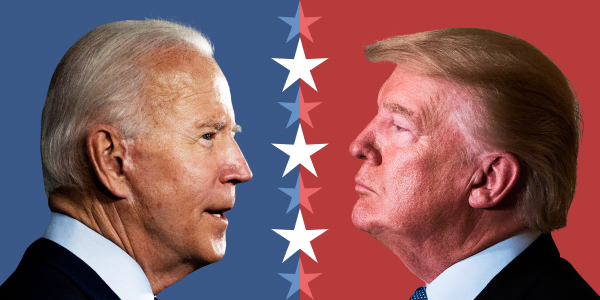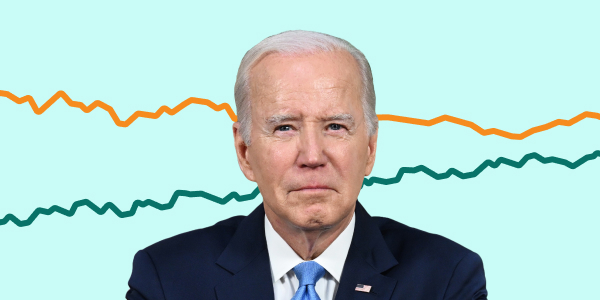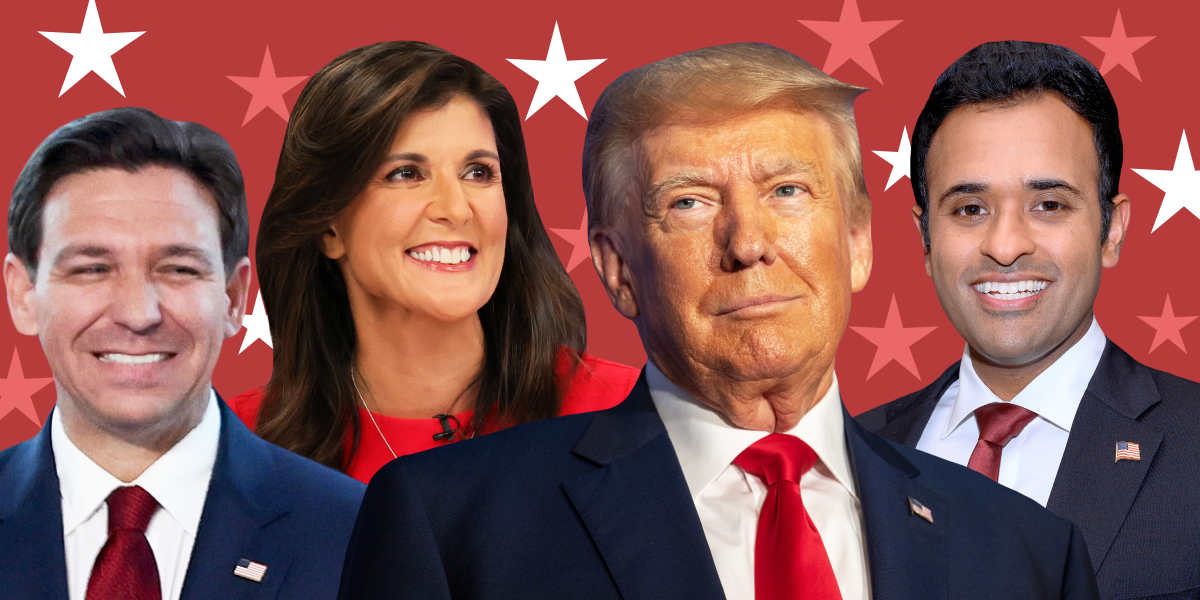Where the battleground states stand as Election Day dawns
By Niall Stanage - 11/4/24, 6:39 PM EST

It’s time.
The campaign for the White House is almost over and, on Tuesday, the voters will deliver their verdict.
Around 75 million people have already cast their ballots.
The election will likely be decided in seven battlegrounds: Arizona, Georgia, Michigan, Nevada, North Carolina, Pennsylvania and Wisconsin.
The opinion polls are tighter in more states than any election in memory.
In the polling averages maintained by The Hill and Decision Desk HQ (DDHQ), the margin separating the two candidates is less than 2 percentage points in six of those seven states.
Here is where things stand in each one of the crucial states.
Arizona
11 Electoral College votes, polls close at 9 p.m. ET
Former President Trump polls more strongly in Arizona than in any other battleground state.
In The Hill/DDHQ averages, he is up by 2.5 points. In the New York Times polling averages, he is up by three. President Biden prevailed in the state by less than half a point in 2020.
Early voting figures do not look very promising for Vice President Harris, though there is always a danger in extrapolating too much from those statistics.
In the latest figures from the University of Florida’s Election Lab — which specializes in tracking early voting — Republicans have cast 41 percent of the ballots and Democrats 33 percent.
During early voting in 2020, registered Democrats and Republicans cast about 37 percent of the ballots apiece, with the remainder coming from people registered with minor parties or unaffiliated.
Georgia
16 Electoral College votes, polls close at 7 p.m. ET
Georgia was the site of another extremely narrow Biden victory in 2020, and it would be a big blow for Trump if he does not take it back this time.
He leads by 1.8 points in The Hill/DDHQ average, though by smaller margins in other polling averages maintained by data site FiveThirtyEight and Nate Silver’s “Silver Bulletin.”
There is also hope for the Harris campaign because of a well-regarded poll released Sunday. The survey, from The New York Times and Siena College, gave the vice president a 1-point edge among likely voters.
This is one of the states where the Trump campaign asserts that the early vote shows elevated turnout from rural voters and decreased voting among African Americans, both of which would spell trouble for Harris.
Harris aides, however, pushed back against that interpretation in a conference call with reporters Monday arguing that the vice president is on track to “win a very close race” in the Peach State.
Michigan
15 Electoral College votes, most polls close at 8 p.m. ET; final polls close at 9 p.m. ET
Harris leads in Michigan in The Hill/DDHQ average — the sole state where she has a polling edge — but her advantage is just eight-tenths of a percentage point.
Early voting data from Michigan does not include party affiliation but, according to the University of Florida figures, 55 percent of early voters are women — a sign that is hopeful for Harris but not conclusive.
Recent reputable polls in the state are consistent with an extremely close race. An Emerson College/Nexstar poll gives Harris a 2-point edge, an Atlas Intel poll has Trump up 2 and the New York Times/Siena College poll showed the two candidates tied among likely voters.
One important facet to watch is whether Harris shows weakness with Arab American voters in Detroit and Dearborn.
The Biden-Harris administration’s policies on Israel and Gaza have been bitterly divisive in a state that is home to the highest concentration of Arab Americans in the nation.
Nevada
6 Electoral College votes, polls close at 10 p.m. ET
The smallest of the seven battlegrounds could yet be crucial depending on how results fall elsewhere.
Trump leads by 1.3 points in The Hill/DDHQ averages.
Early voting is often critical in the state, and registered Republicans appear to have wiped out the advantage Democrats enjoyed four years ago.
Overall, ballots from Democratic voters outpaced those from Republicans by 4 percentage points in 2020. As of Monday, Republicans had a 4-point edge.
That said, Harris has the organizational muscle of the Culinary Workers Union behind her, as well as the Democratic machine first set up by the late Senate Majority Leader Harry Reid (D-Nev.).
North Carolina
16 Electoral College Votes, polls close at 7:30 p.m. ET
This is one of the most intriguing of all the battlegrounds because the signs are so mixed.
On one hand, it is the only one of this year’s swing states that Trump carried in 2020, so he would surely fancy his chances again. He leads by 1.4 points in The Hill/DDHQ average and by slightly less in other polling averages.
On the other hand, the Trump campaign scheduled four events in the Tar Heel State in the final three days of the campaign — hardly a decision that bespeaks resounding confidence.
The last New York Times/Siena College poll put Harris up by 3 points among likely voters, heightening her campaign’s hopes of flipping the state for the first time since former President Obama won it in 2008.
The early voting figures, though, show a far more even split between Democratic and Republican voters than was the case four years ago.
Is that because of increased GOP enthusiasm writ large or simply because Trump has dropped his earlier resistance to early voting? Nobody really knows.
Pennsylvania
19 Electoral College Votes, polls close at 8 p.m. ET
The largest of the battlegrounds, Pennsylvania, has seen several rallies by the candidates in the closing days as well as hundreds of millions of dollars in TV advertising over the course of the campaign.
After all that, the race looks like a coin flip in the Keystone State. Trump has a lead of just half a point in The Hill/DDHQ average. At FiveThirtyEight, he is up by just one-tenth of a point.
Among the more respected pollsters in the closing stretch, Emerson College has Trump up by 1, Atlas Intel has him up by 2 and Siena College has the race tied.
Pennsylvania is another state where Republicans make up a bigger part of the early vote than they did four years ago. The Trump campaign is contending that women are not coming out in the numbers that Harris requires. Again, the Harris campaign professes confidence.
The only thing that’s certain is that the biggest battleground could be one of the very closest.
Wisconsin
10 Electoral College Votes, polls close at 9 p.m. ET
Wisconsin is one of Harris’s strongest battlegrounds — as might be expected given that it forms the so-called "blue wall" along with Pennsylvania and Michigan. No Republican, with the exception of Trump in 2016, has carried any of those states since the 1980s in a presidential election.
The race is an exact tie in The Hill/DDHQ averages, while Harris leads by approximately 1 point at both FiveThirtyEight and in Nate Silver's model.
Harris will be in very serious trouble if she loses the state, and Democratic nerves will be on edge because Trump outperformed his poll numbers here by a significant margin both in 2016 and in 2020.


















